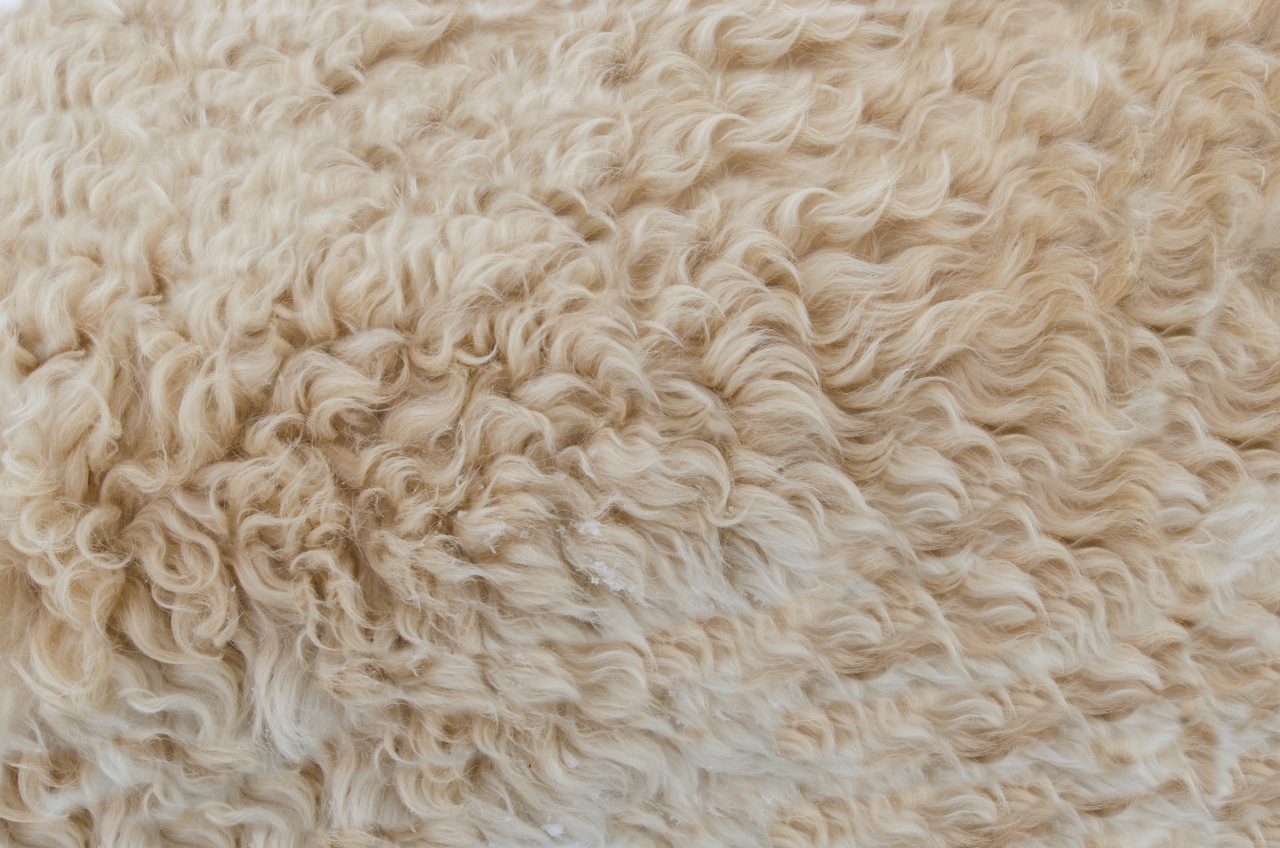Eczema, also known as atopic dermatitis, is a common skin condition that affects millions of people worldwide. It is characterized by itchy, dry, and inflamed patches of skin that can be red, scaly, and can sometimes ooze or crust.
While the exact cause of eczema is unknown, it is believed to be a combination of genetic and environmental factors.
Symptoms of Eczema
The symptoms of eczema can vary from person to person, but common symptoms include:.
- Dry, itchy skin
- Red or brownish-gray patches of skin
- Small, raised bumps that can ooze fluid and crust over when scratched
- Thickened, scaly skin
- Raw, sensitive, or swollen skin from scratching
- Dark patches of skin from long-term scratching
Eczema can be a frustrating and uncomfortable condition, but there are natural ways to soothe and manage itchy, dry skin. Below are some tried-and-tested methods that have helped many people with eczema.
1. Keep Skin Moisturized
One of the most important things you can do to manage eczema is to keep your skin moisturized. Dry skin can make itching and irritation worse, so whenever possible, apply a moisturizer immediately after bathing or showering when the skin is still damp.
Look for gentle, fragrance-free moisturizers that are specifically designed for sensitive skin. You may also want to use a humidifier in your home to add moisture to the air.
2. Avoid Triggers
Eczema can flare up in response to a variety of triggers, including certain foods, stress, environmental irritants (such as pollen or cigarette smoke), and products that come into contact with the skin (such as soaps or detergents).
Keeping a journal can help you identify your triggers so you can avoid them whenever possible.
3. Wear Soft Clothing
Clothing can be a source of irritation for people with eczema, so it is important to choose soft, breathable fabrics whenever possible. Avoid rough materials like wool or synthetic fibers, and opt for cotton or silk instead.
Be sure to wash all clothing and bedding in detergent-free and fragrance-free products, and rinse thoroughly to remove any remaining soap residue.
4. Use Natural Remedies
There are many natural remedies that can help soothe and reduce the symptoms of eczema. Some popular choices include:.
- Coconut oil: Apply coconut oil directly to affected areas to moisturize and soothe skin.
- Colloidal oatmeal: Add colloidal oatmeal to bathwater to help soothe itchy skin.
- Apple cider vinegar: Mix apple cider vinegar with water in a spray bottle and apply to affected areas to help reduce inflammation and irritation.
- Aloe vera: Apply aloe vera gel directly to affected areas to help soothe and reduce redness.
5. Practice Stress-Reduction Techniques
Stress can be a major trigger for eczema, so it is important to practice stress-reduction techniques whenever possible. This may include yoga, meditation, deep breathing exercises, or simply taking time to relax and unwind.
6. Be Gentle with Your Skin
People with eczema often have very sensitive skin, so it is important to be gentle when washing and drying affected areas. Use warm (not hot) water and gentle, fragrance-free soap.
Pat (don’t rub) skin dry with a soft towel, and avoid using harsh exfoliants or scrubs.
7. Seek Medical Treatment
If your eczema is severe or does not improve with natural treatments, it is important to seek medical treatment. Your doctor may prescribe topical or oral medications to help reduce inflammation and itching.
In some cases, phototherapy (light therapy) may also be recommended.
Conclusion
Eczema can be a frustrating and uncomfortable condition, but there are many natural ways to manage and soothe itchy, dry skin.
By following the tips above and being gentle with your skin, you can help reduce the frequency and severity of eczema flare-ups. If your symptoms persist, be sure to consult with a healthcare provider to determine the best course of treatment for your individual needs.






























